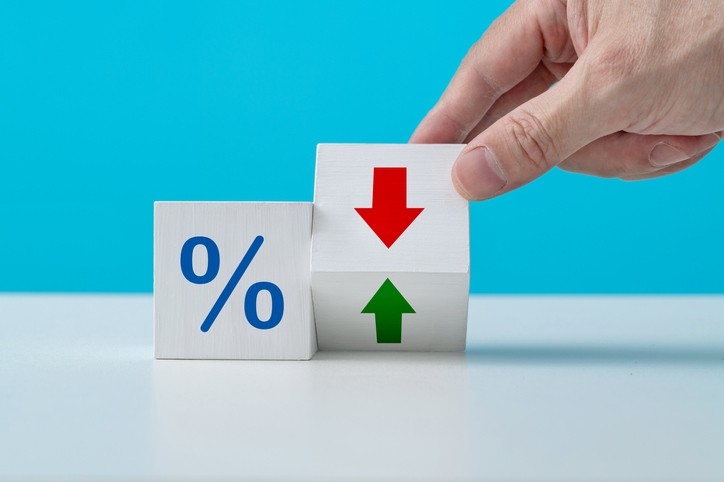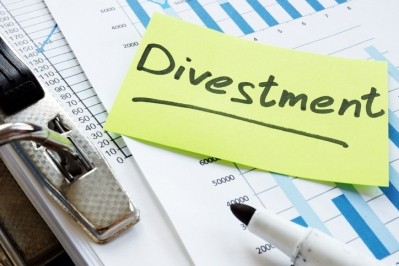Challenging first six months for ForFarmers

The Dutch compound feed manufacturer, a leader in Europe, published its H1 2023 financial results today.
Total feed volumes sold were down 4.8% to 4.3m tons compared to the “strong” H1 2022, with compound feed volumes declining by 6%. The underlying EBITDA declined by 38.5% to €26.5m (US$29.2m).
ForFarmers CEO, Pieter Wolleswinkel, commenting on the first-half results, said the decline in profit and volumes reflects the increased price competition due, in particular, to the reduction of pig herd sizes in several countries along with volatile market conditions.
Moreover, hyperinflation has led to a change in consumer buying behavior relative to animal protein, he remarked, when on a call with analysts this morning.
“We have seen higher prices for meat and eggs, which is good for farmers, despite the fact that compound feed is still relatively expensive.”
Optimism about H2 2023
Wolleswinkel is confident the second half of 2023 will see an improvement in earnings and sales for ForFarmers.
A differentiated approach is key, with continued execution of the strategy 2025, announced in November last year, and a heightened cost focus essential to address market challenges, said the CEO.
The company has seen structural reorganization, the implementation of a leaner operating model and a reduction in management positions, of around 30 roles, to increase agility.
The CEO stressed the stability realized at the executive level, following the ongoing leadership changes over the past year, will help with the ongoing strategy implementation.
Feed quality remains paramount. ForFarmers will use its knowledge of nutrition combined with cost saving programs to ensure its selling prices stay competitive, with the expectation that this approach will boost volumes and earnings, said Wolleswinkel.
The feed player is looking to advance an operating model whereby “sustainability and returns go hand in hand.”
“We are making progress in ESG; we are increasingly working with farmers and chain partners to further reduce our carbon footprint by, for example, using more residual flows and by providing specific advice.”
Geographically, there have been several changes this year in the markets in which ForFarmers operates.
The planned joint venture between ForFarmers UK and 2Agriculture was cancelled, the company also announced the divestment of its compound feed activities in Belgium in April and last month it reported it was acquiring Polish feed manufacturer, Piast, to expand its business in Poland.
“With our strategy and committed employees, we can make a constructive contribution to a sound, sustainable future for our sector and our stakeholders. The recently announced acquisition of Piast in Poland, which expands our position in this growth market, is an example [of that approach],” said the CEO.
Market highlights
The Netherlands and Belgium continue to face ongoing challenges in relation to nitrogen emission levels, with the issue dominating the political landscape in both countries. Social opinion remains polarized. ForFarmers noted a lack of political progress on the issue, with market uncertainty the only outcome.
Welfare initiatives linked to the Dutch broiler sector will ensure a viable poultry industry in the Netherlands the future, said the CEO.
The pig herd continues to shrink in the UK, Belgium, Germany, and the Netherlands. But the rise in pig meat prices has been positive, he said.
The poultry sector in Poland has proven to be robust, while the company sees greater consumer demand for poultry meat and egg products in Germany. ForFarmers’ full-service model for the layer sector has strengthened its position in the German market, continued Wolleswinkel.
Bird flu has undermined the poultry business in the UK, but the dairy industry in that market is stable. The UK swine sector is becoming increasingly integrated, which the CEO identified as "concerning".








